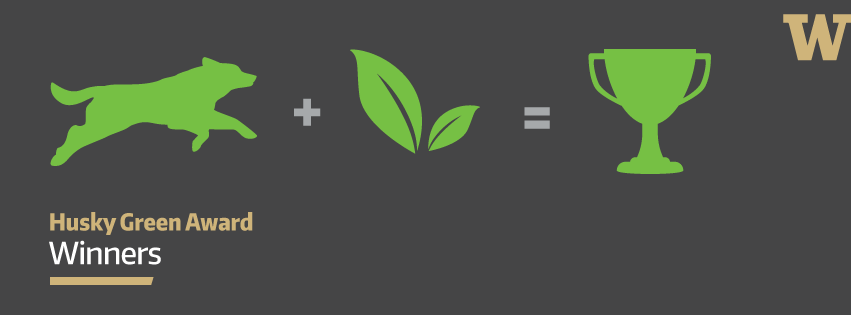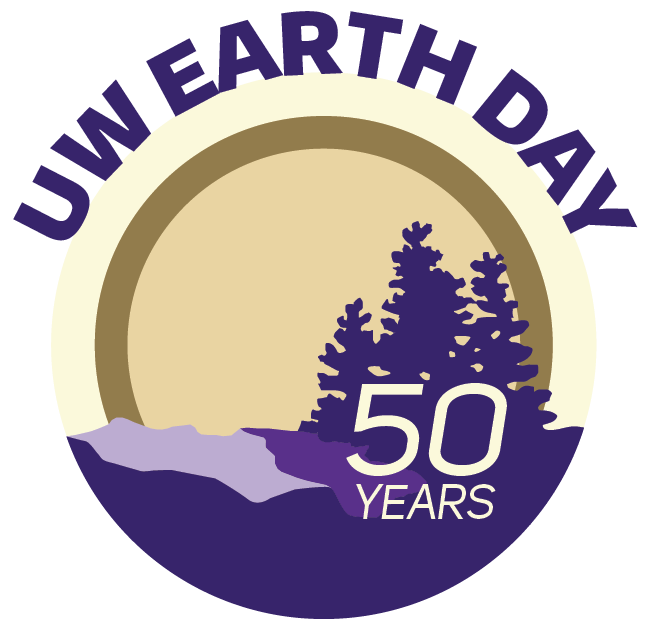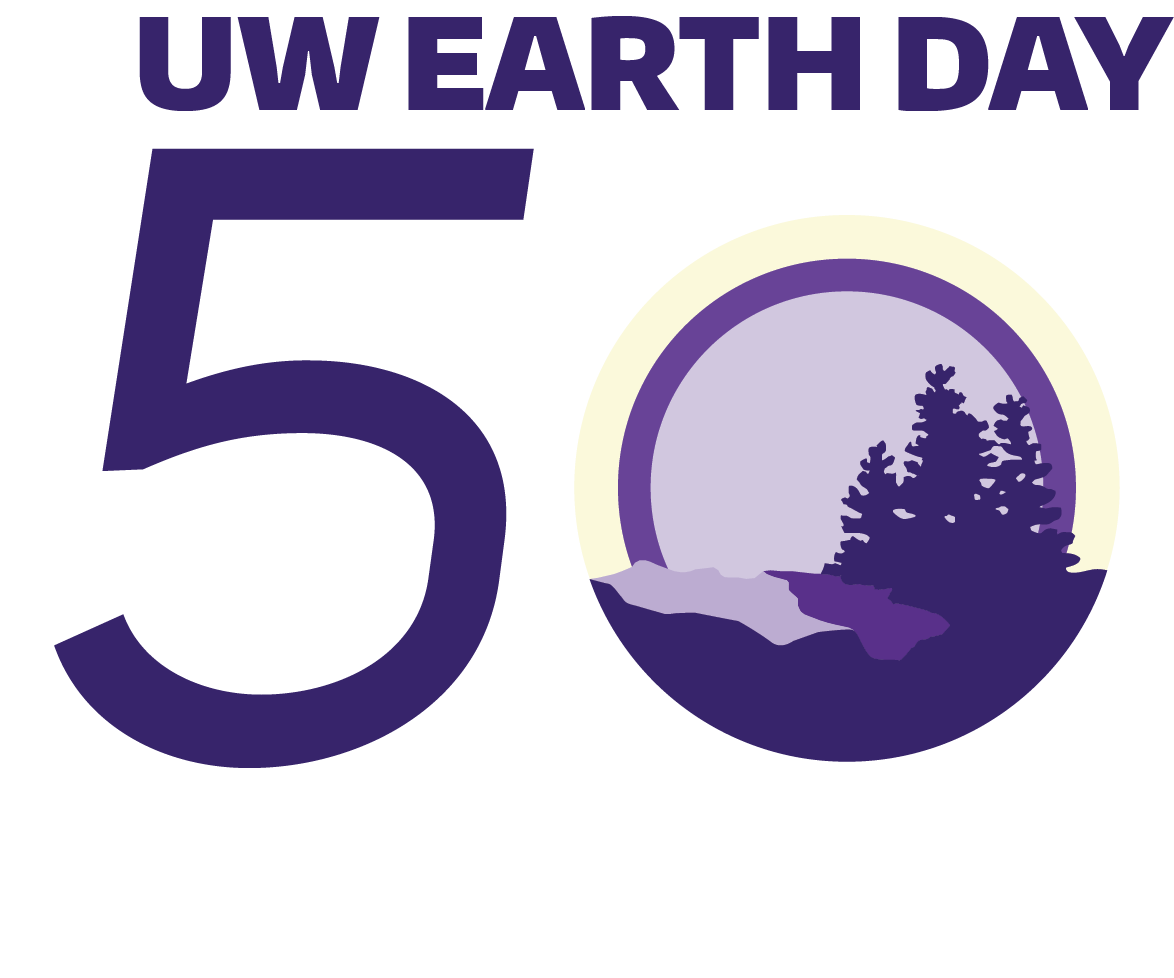Alpha Omicron Pi (AOII) is a trailblazer for sustainability in the Greek community on campus when it comes to saving water and reducing pollution.
The sorority took on a major project last year, working with the local RainWise program to install four rainwater cisterns at their house in Fall 2019 after extensive planning. AOII is expected to save 20,000 gallons of rainwater runoff each year, which will be reused. After completing the installation, the members reached out to the national AOII organization to implement change in the sustainability efforts of AOII chapters worldwide.
AOII also promotes sustainable practices by educating community members about sorting waste, purchasing local foods, and making others aware of their water usage. They have a leadership position called the “Green Chair,” whose mission is to implement waste-reducing and energy-efficient projects in the house. AOII often collaborates with environmental groups on campus, like helping UW Farm with restoration projects or providing feedback to the UW's Sustainability Action Plan. Through their activism and involvement, AOII is working to create a green future at the UW.


